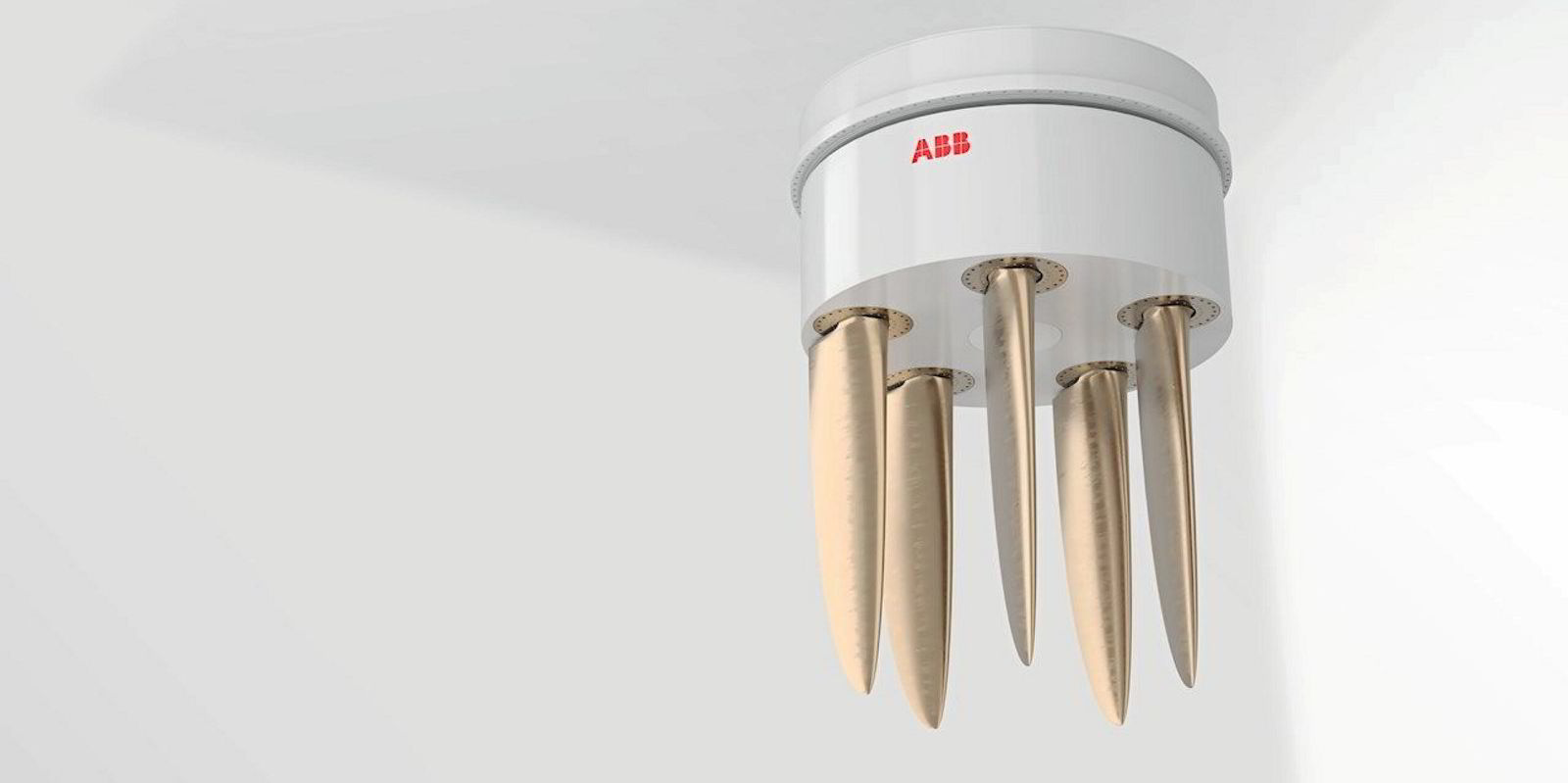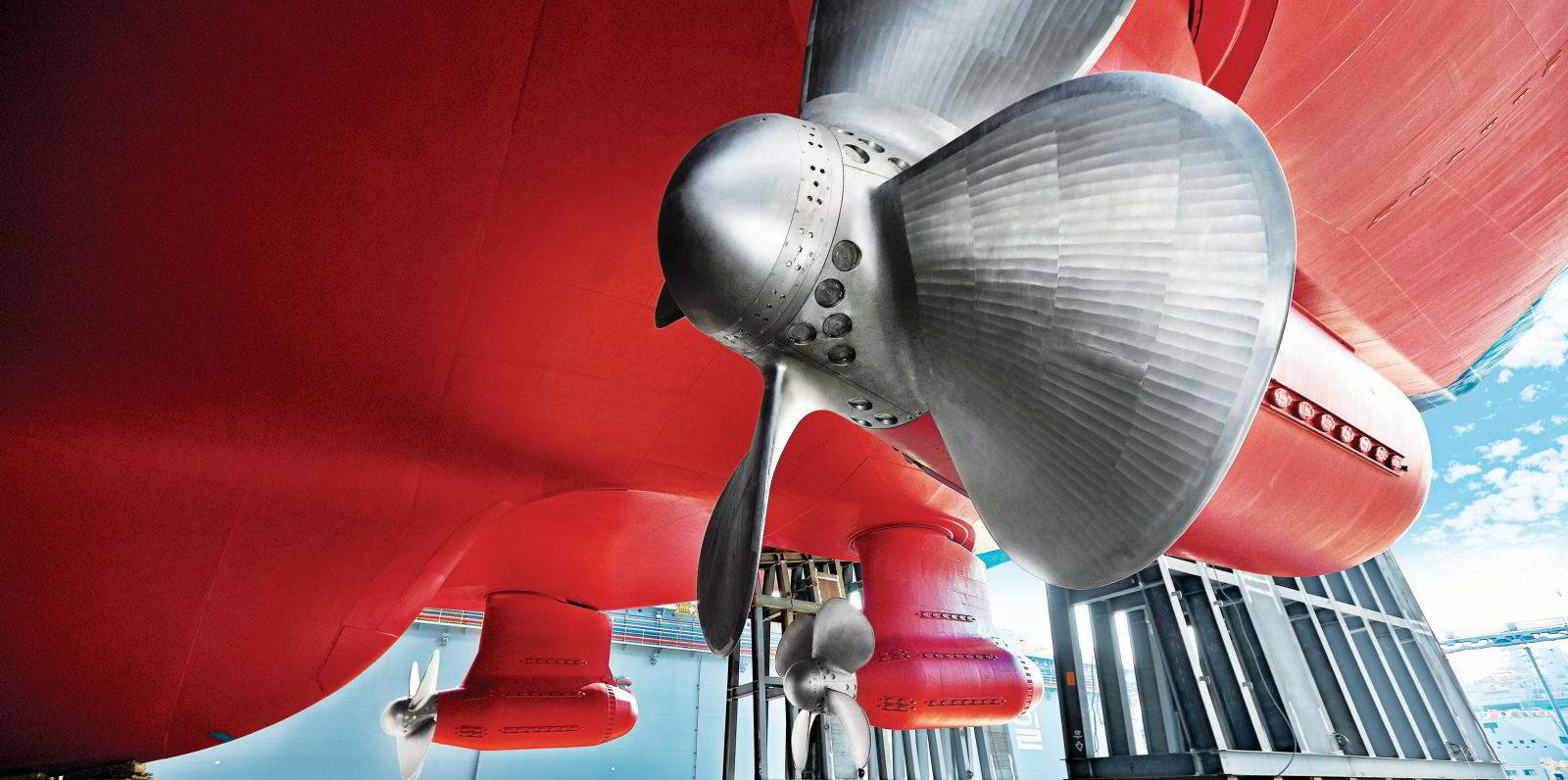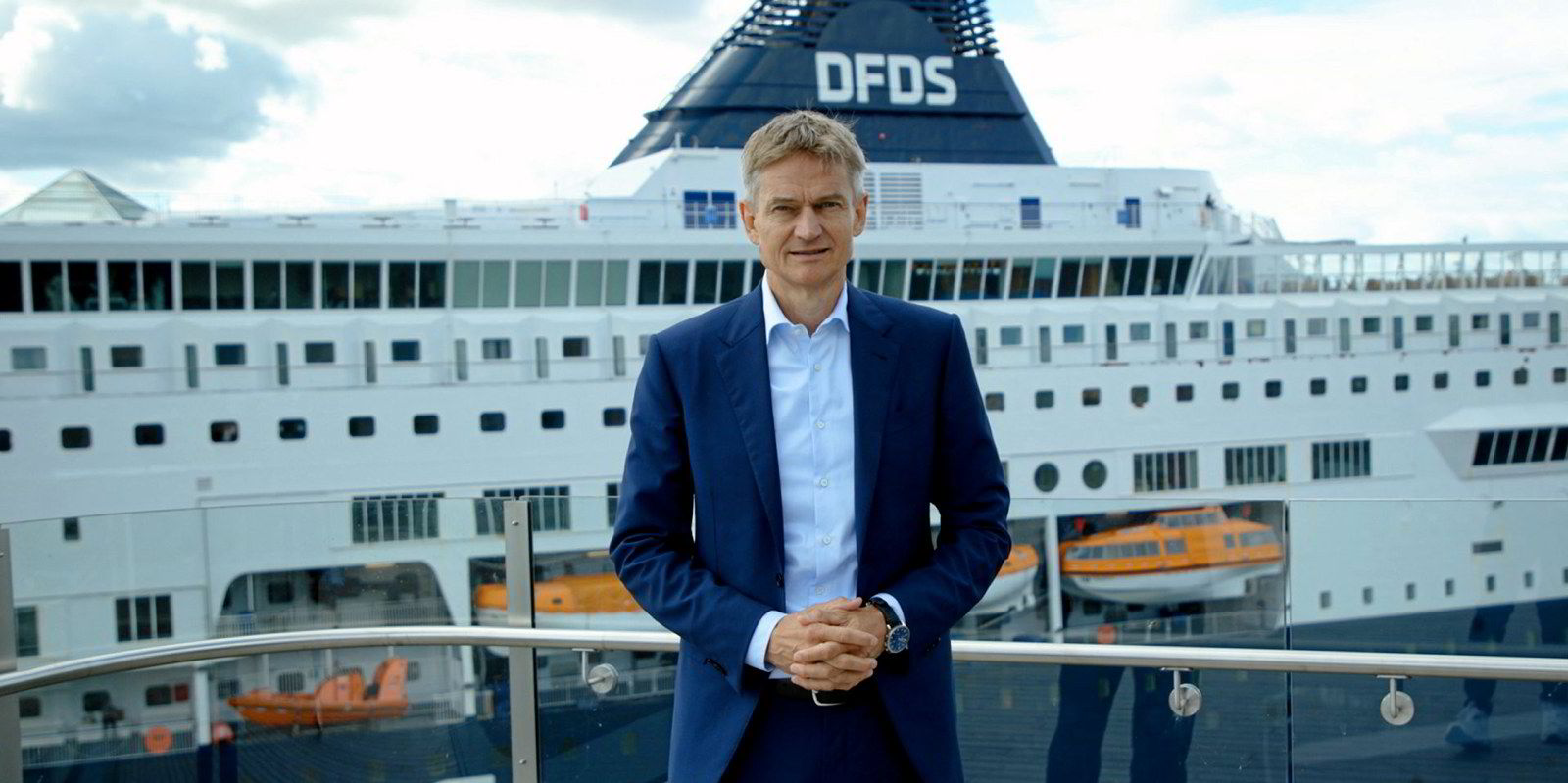Technology group ABB has unveiled a ship propulsion system inspired by the dynamic motions of a whale’s tail that it forecasts will be able to reduce engine power use by 22% compared with a conventional shaft line and propeller.
The electric propulsion Dynafin mimics the movements of a whale tail, with a direct drive permanent magnet motor able to independently control each of five vertical blades on every revolution, ABB said.
Initially available in a power range of 1 to 4 MW per unit, the system will be particularly effective for medium-sized and smaller vessels, including passenger and vehicle ferries and offshore support vessels, the company said.
ABB chief executive Bjorn Rosengren said the concept had been developed for a decade from the group’s Azipod technology, introduced 30 years ago, using its expertise in automation and controls, mechanical systems, hydrodynamics and ship electrification.
“I dare to say that this new concept could not have been developed anywhere else, by anyone else, or at any other time,” he said.
The first pilot units are expected to be tested on ships by 2025 to 2026, said Antti Ruohonen, head of marine propulsion at ABB Marine & Ports, with the current power-saving forecasts calculated independently by OSK-ShipTech.
Ruohonen said a minimum of two units per vessel would be required and four could be fitted to vessels like double-ended ferries taking the maximum installed power capacity to 16 MW. The Dynafin is being aimed at both retrofit and newbuilding markets.
ABB is investigating the technologies and materials to make the system available for higher power ratings that would allow it to be used in bulkers and tankers, added Janne Pohjalainen, global product manager for ABB Marine & Ports.
Pohjalainen said the Dynafin could be adapted to provide high levels of efficiency, aiming for an open water efficiency of up to 85%, and manoeuvrability for a range of vessels with instant control of thrust and direction.

The motor powers a large wheel rotating at 30 to 80 rounds per minute and the system also reduces vibrations and noise levels, he added, due to an absence of mechanical parts.
Fuel savings of 600 tonnes per year would be possible with a typical 4-MW passenger vessel operating 4,300 hours per year that would otherwise consume 3,200 tonnes of fuel, he said.
Easy maintenance has been designed into the permanent magnet motor system, and the smaller units have fewer mechanical parts and no gearbox to go wrong, ABB said.
ABB did not provide price details, but Ruohonen said that with alternative fuels likely to be more expensive than conventional fossil fuels, “it is very positive how we see the business case and return on investment for the operator or customer”.
Pohjalainen added the Dynafin could conceptually be connected to a conventional combustion engine through a gearbox, but at the moment ABB is “fully committed” to providing a fully electric version.
“At ABB we believe that gearless, directly electrically driven propulsion is the future,” he said. “We believe the ABB Dynafin will change the way we think of propulsion systems.”(Copyright)





